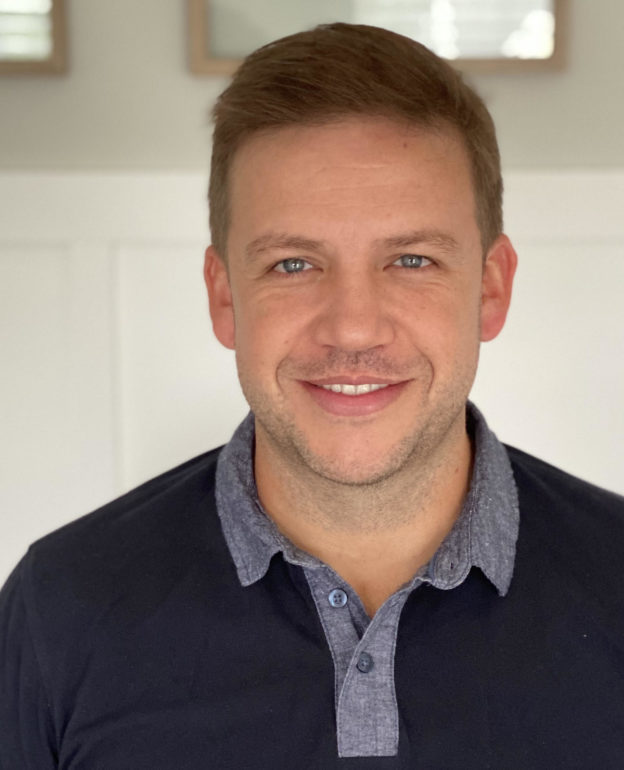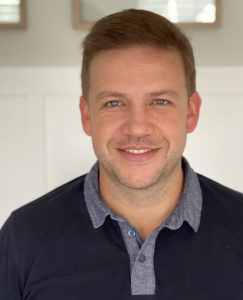On this Ash Wednesday, I’m reflecting on Luke 9:23 – If any of you wants to be my follower, you must turn from your selfish ways, take up your cross daily, and follow me.
Living the Jesus way is never easy. Shallow, surface following – following at a distance – may not pose much of a challenge for many of us. It may be easier, but that kind of following seldom leads to the deep and authentic faith that God desires for each of us. That kind of faith can be costly, challenging, even frightening.
Jesus understands our difficulty. He never said it would be easy to follow him; in fact, he warned us about the challenges when he described what it takes to be his follower. Rather than inviting us to something shallow, Jesus invites us to experience real, authentic faith – meaningful faith – by following, not at a distance, but by his side. He carries his cross, and we carry ours.
This is a strong word about how we are to follow. We are to follow in the same way that Jesus leads. We abandon selfish ambition in favor of service in the Jesus way. As Jesus gave of himself, we give of ourselves. We reach out to others just as he reached out to others. As Jesus loved, so do we love. As Jesus sacrificed himself for us, so do we sacrifice ourselves for others. We follow by picking up the cross. Jesus’ cross becomes our cross; his love becomes our love; his sacrifice becomes our sacrifice.
We may be inclined to take the easier route of following Jesus at a safe distance, but that’s not where change tends to happen. On the other hand, when we realize that real faith requires us to follow Jesus side by side rather than at a distance, our lives are transformed. It isn’t that difficulty suddenly disappears; it’s that power suddenly appears.
We don’t usually read the book of Acts on Ash Wednesday, but I encourage you to read a bit from the first two chapters. Remind yourself of what Jesus promises us in Chapter 1:8 and what happens in Chapter 2:1-4. Reflect on the way in which Peter is transformed from Jesus denier to Jesus proclaimer in verses 14-36.
We’re beginning a season when we often focus on sacrifice and giving things up. A time when Jesus’ word to us about carrying our cross rings loud in our ears. And obviously this whole shouldering our cross thing can be challenging. Yet, when we take that risk and pick up that cross, we are promised the power necessary to meet the challenge. The power of the Spirit of Jesus permeates us, giving us not only strength but boldness.
As you begin your Lenten journey, I pray that God would pour out his Holy Spirit upon you, empowering you to take up your cross and follow Jesus. I pray that both the strength and the boldness of Jesus would be yours so that as others look at you, they see a disciple of Jesus, following not at a distance, but side by side.
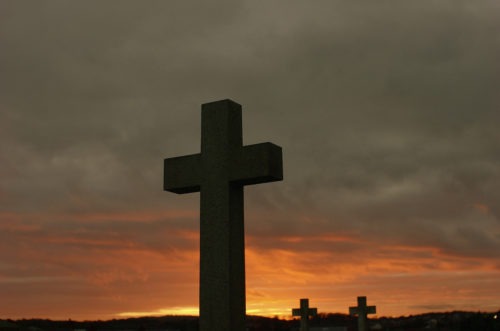
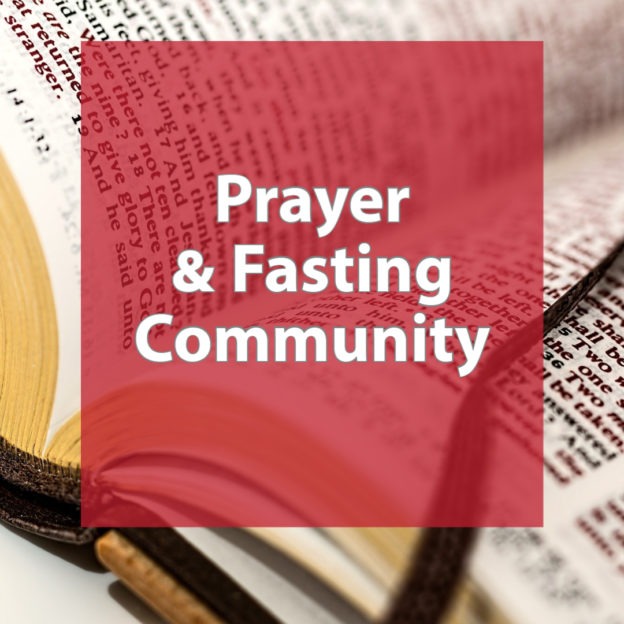


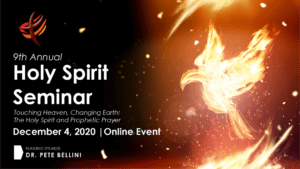

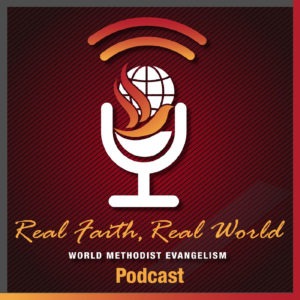 this series, Kim provides important tools to grow deeper in your own faith and to share it in the context of today’s realities.
this series, Kim provides important tools to grow deeper in your own faith and to share it in the context of today’s realities.
